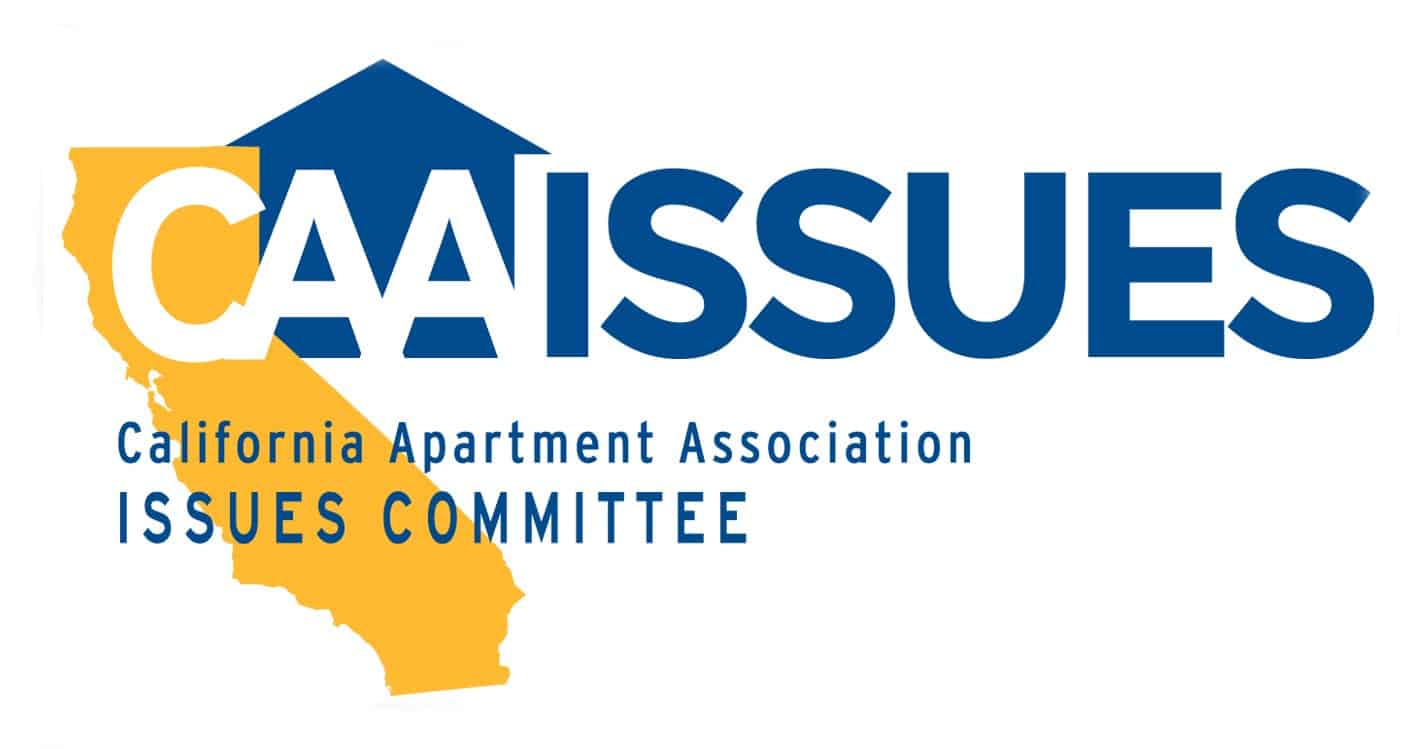California’s Judicial Council today voted 19-1 to allow the courts to resume processing unlawful-detainer cases effective Sept. 1.
The Judicial Council had been eyeing Aug. 14 to resume evictions, however, Chief Justice Tani Cantil-Sakauye urged her colleagues to wait two weeks.

The delay gives lawmakers more time to create a replacement for the Judicial Council’s Rule 1, which has halted nearly all evictions across the state since April 1.
“In our ongoing conversations with Gov. Newsom and the Legislature, we have been responsive to their requests for additional time to develop and enact policy and legislative proposals,” Cantil-Sakauye said in this news release.
The rule came in response to the financial hardships that many tenants faced due to the COVID-19 crisis. The Judicial Council issued the rule, intended as a stopgap, because lawmakers were out-of-session during the early stages of the emergency. Now that legislators are back, it’s time they resume their policy-making duties when it comes to COVID-19, the chief justice contends.
“The judicial branch cannot usurp the responsibility of the other two branches on a long-term basis to deal with the myriad impacts of the pandemic,” Cantil-Sakauye said. “The duty of the judicial branch is to resolve disputes under the law and not to legislate.
“So I urge our sister branches to act expeditiously to resolve this looming crisis. They have had since March 2020 to explore remedies that will provide fairness to all parties while recognizing the limitations the pandemic has placed on our residents and our institutions.”
Debra Carlton, executive vice president of state public affairs at the California Apartment Association, said the association continues to encourage its members to work with struggling tenants as the impacts of the pandemic linger.
“We certainly don’t want to see evictions for nonpayment of rent when a tenant has been affected by COVID,” Carlton said. “We have seen an abundance of property owners who are working with tenants to ensure that doesn’t happen. Owners have repayment plans and have forgiven the rent in many situations. At the same time, the local eviction moratoriums will still be in place to protect tenants from eviction for nonpayment when they have been affected by COVID.”
In fact, CAA objected to the Judicial Council’s Rule 1 because it prevented landlords from taking necessary steps to protect their good renters.
“What we need is the ability to move out tenants who have created a hostile environment for the other tenants,” Carlton said. “This has truly not been possible under Rule 1.”

Now, the Legislature has the remainder of the month to find an equitable solution that protects both renters and property owners.
“We urge lawmakers to pass legislation that keeps tenants housed but also compensates landlords for providing that housing,” added Tom Bannon, chief executive officer of the California Apartment Association. “Otherwise, mortgages won’t get paid, employees won’t get paid, and rental housing will disappear from the market.”

